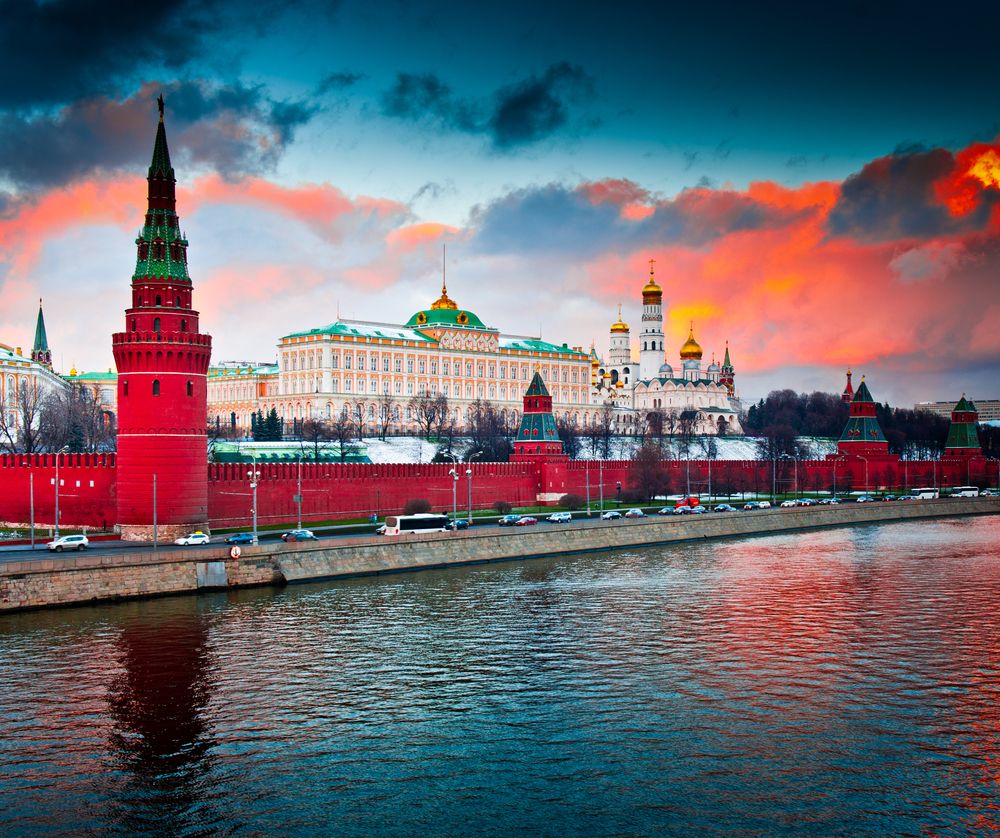What Is Communism?

Though the term "communism" can refer to specific political parties, at its core, communism is an ideology of economic equality through the elimination of private property.
The beliefs of communism, most famously expressed by Karl Marx, center on the idea that inequality and suffering result from capitalism. Under capitalism, private business people and corporations own all the factories, equipment and other resources called "the means of production." These owners, according to communist doctrine, can then exploit workers, who are forced sell their labor for wages.
The working class — or "proletariat" — must rise up against the capitalist owners, or "bourgeoisie," according to the ideals of communism, and institute a new society with no private property, no economic classes and no profits.
Communism differs from socialism, though the two have similarities. Both philosophies advocate economic equality and state ownership of various goods and services. However, socialism usually works through the existing democratic structures of capitalist countries. Almost all capitalist countries, in fact, have some socialist characteristics, like the public schools and Social Security program in the United States.
In contrast, communists state that capitalist economic and political systems must be completely overthrown through revolution.
Historically, such communist revolutions have never yielded their intended utopias of equality. Communist theory predicts that, after the proletariat revolution, special leaders must temporarily take control of the state, leading it toward an eventual "true" communist society. Thus, the governments of the Soviet Union, communist China, Cuba and others were intended to be provisional. In practice, these "temporary" governments have held on to power, often subjecting their citizens to authoritarian control.
Communist ideology also states that these revolutions should spread across the globe, rather than be limited to individual countries. This helps explain the historical antagonism between capitalist and communist nations — particularly the long Cold War between the United States and the Soviet Union.
Follow Michael Dhar @michaeldhar. Follow Live Science @livescience. We're also on Facebook & Google+.
Sign up for the Live Science daily newsletter now
Get the world’s most fascinating discoveries delivered straight to your inbox.

Michael Dhar is a science editor and writer based in Chicago. He has an MS in bioinformatics from NYU Tandon School of Engineering, an MA in English literature from Columbia University and a BA in English from the University of Iowa. He has written about health and science for Live Science, Scientific American, Space.com, The Fix, Earth.com and others and has edited for the American Medical Association and other organizations.